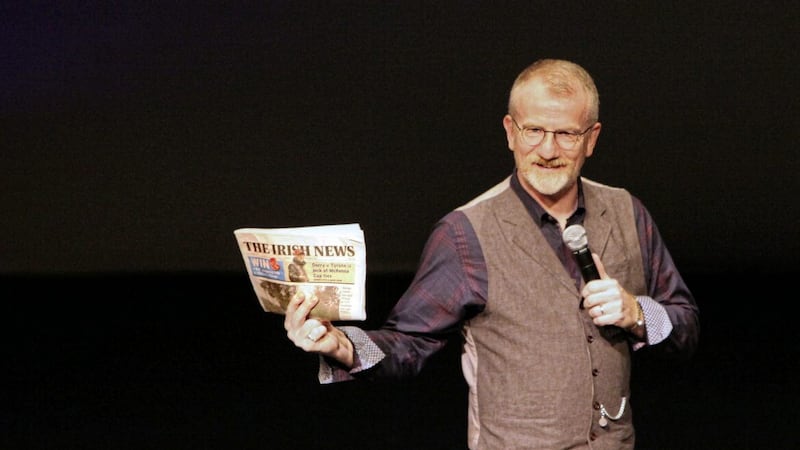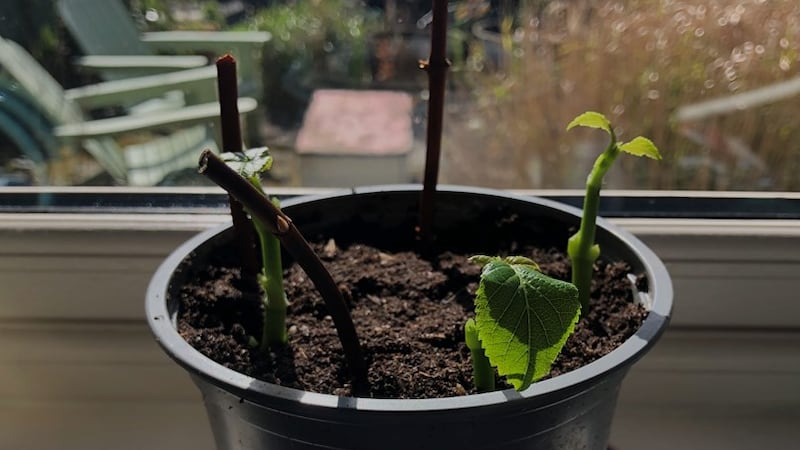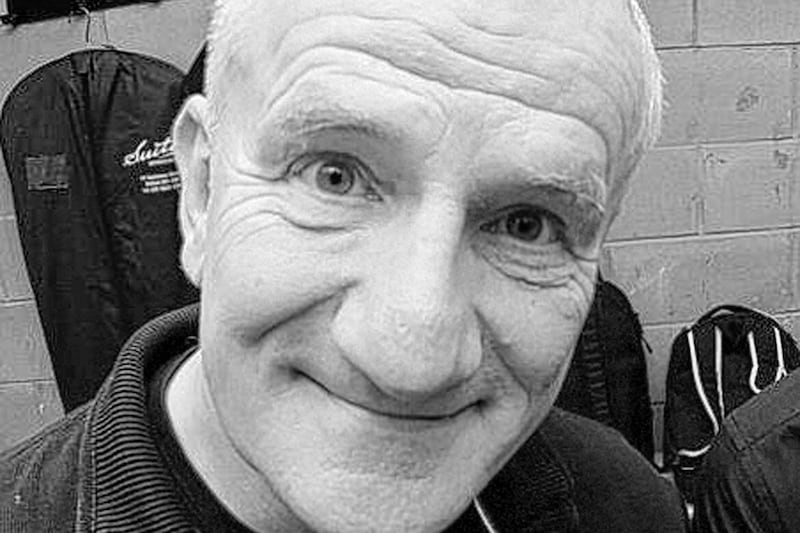
ED SHEERAN'S recent appearance in a US court, accused of copyright infringement, was the second occasion he'd been forced to defend the originality of his writing.
In this instance, he was accused of ripping off Marvin Gaye's Let's Get It On with his 2014 hit, Thinking Out Loud.
Guitar in hand, Sheeran defended himself in court by playing a multitude of tunes dating back decades which also used chord sequences similar the one he was accused of copying. He explained to the jury that, while there are an infinite number of melodies, chord sequences were finite and therefore beyond legal ownership.
Not that I'm arguing copyright is inherently wrong: original work should be protected and not stolen by those unwilling to put in the effort to create. Like most comics, I've experienced the sting of having my material passed off by others as their own.
My rude awakening came early in my career. I was playing a club in Scotland as an 'opener', the name given on the comedy circuit to the person who goes on before the main or 'closing' act.
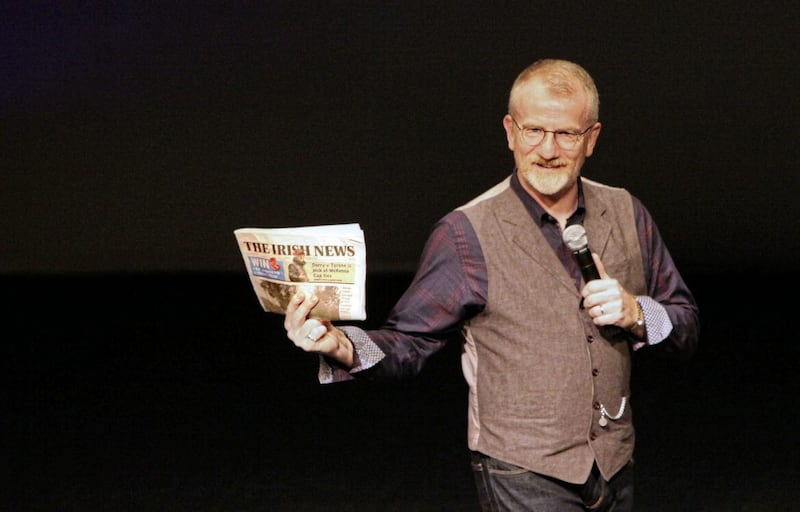
I did exceptionally well on the night, receiving a much warmer reception than the closer. This could have resulted in a tense dressing room, so I was relieved when the other comic took it very well, even congratulating me on my performance.
He asked if I ever played in London: I answered that I preferred doing local clubs and had no intention of working in London. We parted on good terms, and I thought no more of it... until around eight months later.
In London for a weekend break, I'd accepted an invitation from another comic to watch him perform in one of the city's top clubs. This friend was the 'opener' on the evening, and I was pleased to discover my new comedy mate from Scotland was closing the show.
My joy turned to horror as I watched him do my material he'd seen me perform eight months previously. It was the same topics, the same punchlines, even the same mannerisms, word-for-word. I then understood his seemingly innocent question about whether I 'played London': having said I didn't, he knew he could use my material with little chance of being caught.
Stunned at the injustice, I came to realise that a subculture of larceny abounds in comedy clubs across the country and around the world. Over the years, I've watched vultures sitting in the darkened corners of clubs, scribbling into their notebooks.
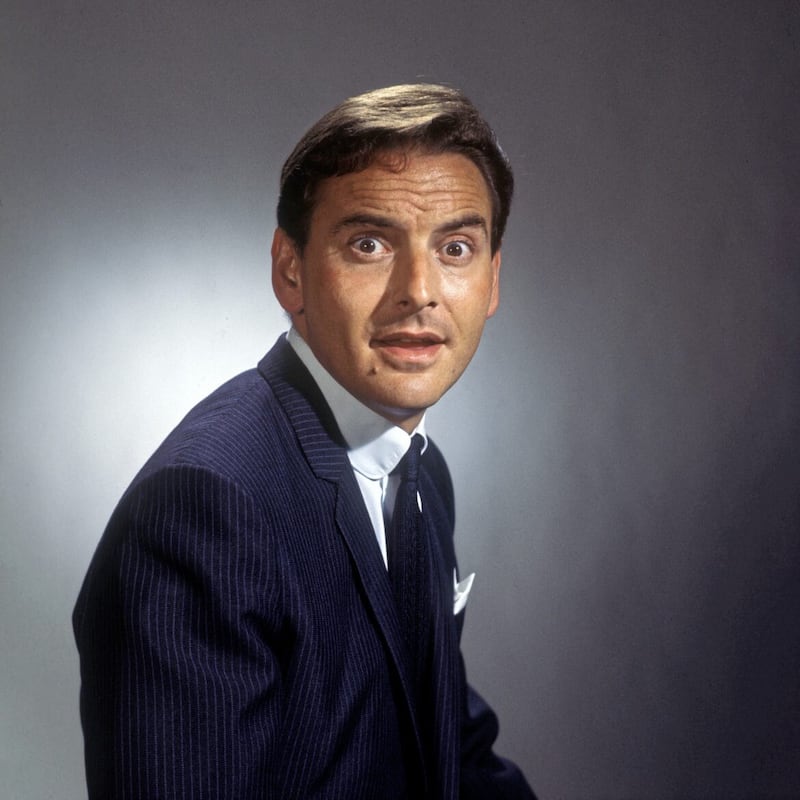
Not that any of this is new, as demonstrated by a story about the late and great Bob Monkhouse. A regular for many years on The Royal Variety Show, he was sharing the stage on one occasion with an upcoming stand-up. During rehearsals, the stand-up was shocked to see Monkhouse do material he'd seen a fellow stand-up perform.
The young man believed one of Monkhouse's writers must have given him the material to perform without telling him it had been plagiarised. He decided it would be best to explain this to Monkhouse rather than allow him to inadvertently perform purloined material.
Monkhouse was magnanimous, thanking the young man for his thoughtfulness and assuring him he'd cut that piece from his set. On the night of the show, he proved as good as his word and afterwards, invited his young friend back to his dressing room for a post-show drink.
Following a bout of mutual back-slapping, just as the young man was leaving, Monkhouse asked him to wait a moment as he'd something to show him. Rolling out a video recorder, he played a clip of him doing the contentious material years earlier, proving it was the young man's friend and not Monkhouse who'd been the thief.
While it was common for Bob Monkhouse and comics from his generation to have employed writers, it is generally a point of principle among stand-ups that we write our own stuff. However, due to the pressures of television, this has been eroded, and many of today's big names have reverted to paying others to write their material.
That said, there is still no greater sin among the comedy community than someone who intentionally 'lifts' someone else's material.
Thankfully, now when it happens to me, resentment has been replaced with resigned acceptance and the hope that it's been a genuine mistake rather than a deliberate act. For, as a stand-up, there is something much worse than having your material stolen – and that's having material which nobody wants to steal.

